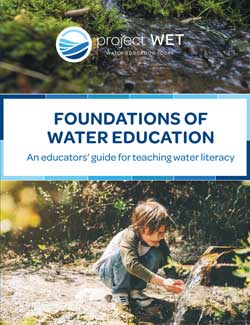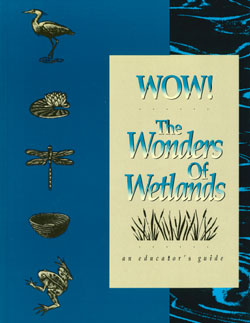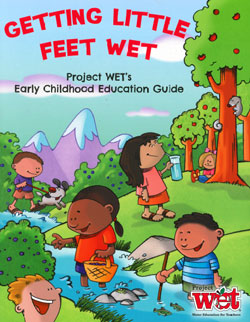
Project WET is a national environmental education organization that has developed science-based activities for pre-K – 12th grade to encourage critical thinking about water, water quality, water resources, water conservation and water management. These STEM lessons compiled in thematic educator guidebooks meet NGSS standards of a science classroom; have literacy, math, or history components; and make career connections.






